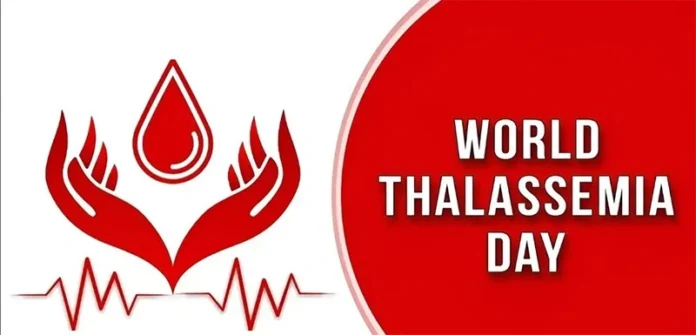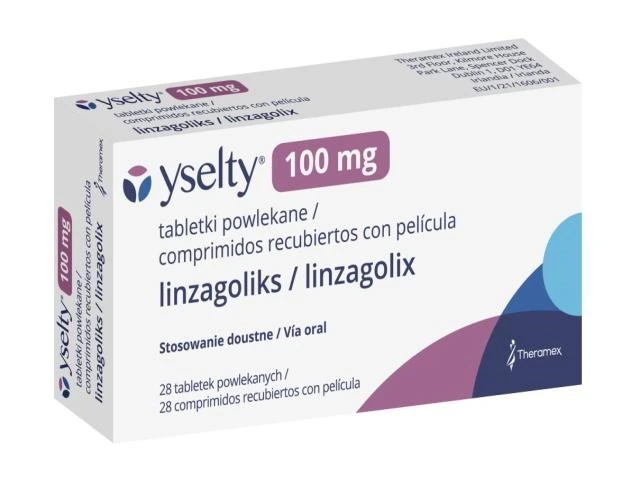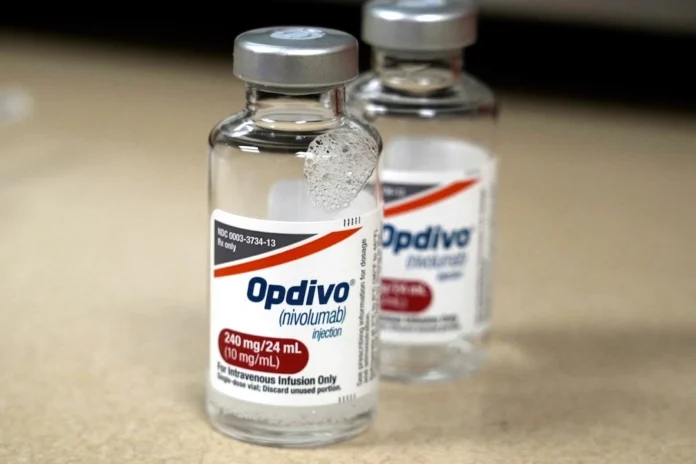HHS, NIH unveil vaccine initiative to protect against future pandemics
The U.S. Department of Health and Human Services and the National Institutes of Health announced a new initiative called “Generation Gold Standard” to develop next-generation, universal vaccines using a beta-propiolactone (BPL)-inactivated, whole-virus platform.
According to a press release issued by the NIH, the initiative will fund the institute’s in-house development of universal influenza and coronavirus vaccines, including candidates BPL-1357 and BPL-24910. The goal of these vaccines is to provide broad-spectrum protection against multiple strains of pandemic-prone viruses such as bird flu and various coronaviruses.
The NIH states: “Unlike traditional vaccines that target specific strains, BPL-inactivated whole-virus vaccines preserve the virus’s structural integrity while eliminating infectivity. This approach induces robust B and T cell immune responses and offers long-lasting protection across diverse viral families. Moreover, the intranasal formulation of BPL-1357 is currently in Phase Ib and II/III trials and is designed to block virus transmission—an innovation absent from current flu and COVID-19 vaccines.”
The BPL platform is fully government-owned and free from commercial conflicts of interest, the NIH notes. The platform is also adaptable for future use against respiratory syncytial virus, metapneumovirus, and parainfluenza.
Clinical trials for universal influenza vaccines are scheduled to begin in 2026, with U.S. Food and Drug Administration approval anticipated in 2029. The intranasal BPL-1357 flu vaccine is currently in advanced trials, with FDA review expected by 2029.
CBS News reports that the HHS has transferred $500 million to the Generation Gold Standard initiative. The money was earmarked for research into next-generation COVID-19 vaccines. This decision appears to have bypassed the standard review processes typically managed by career scientists at the NIH and Biomedical Advanced Research and Development Authority; these processes are intended to help guarantee that federal funding goes to projects with the strongest scientific value.
Jeffery Taubenberger, M.D., Ph.D., the current acting head of the National Institute of Allergy and Infectious Diseases, which has exclusively developed Generation Gold Standard, holds a patent for the BPL vaccine platform.











